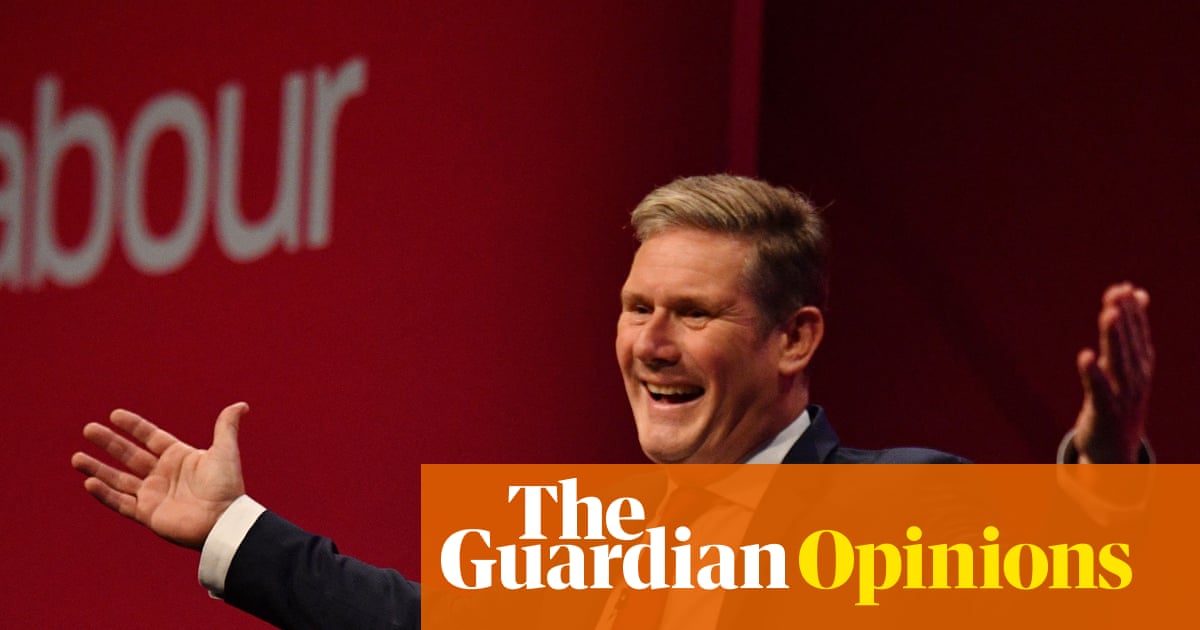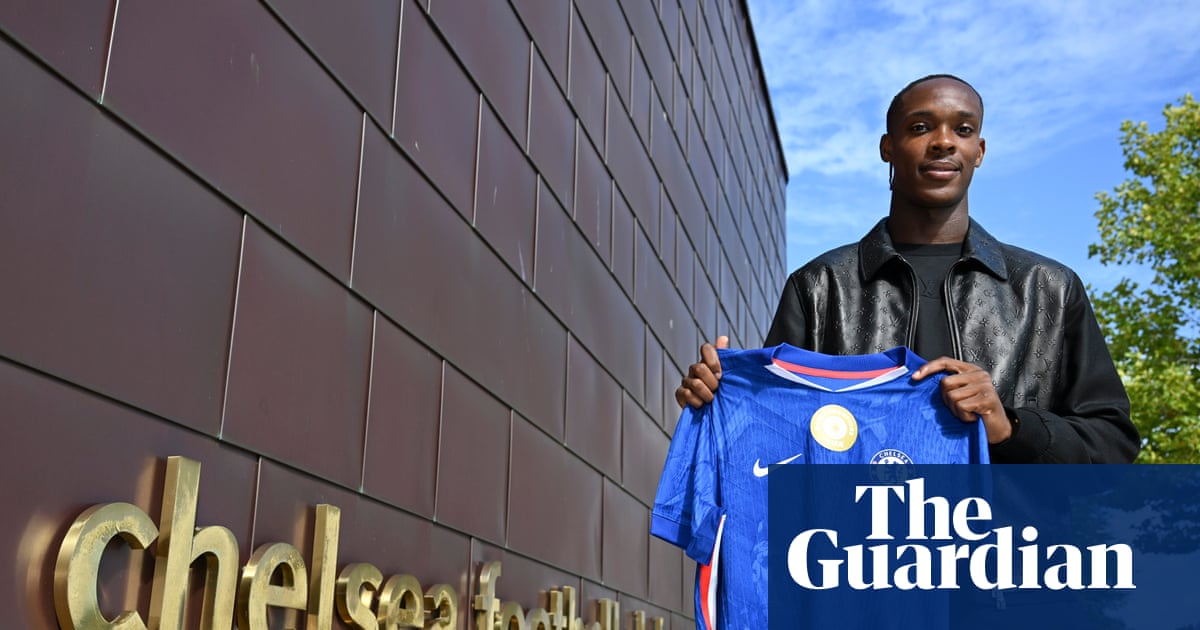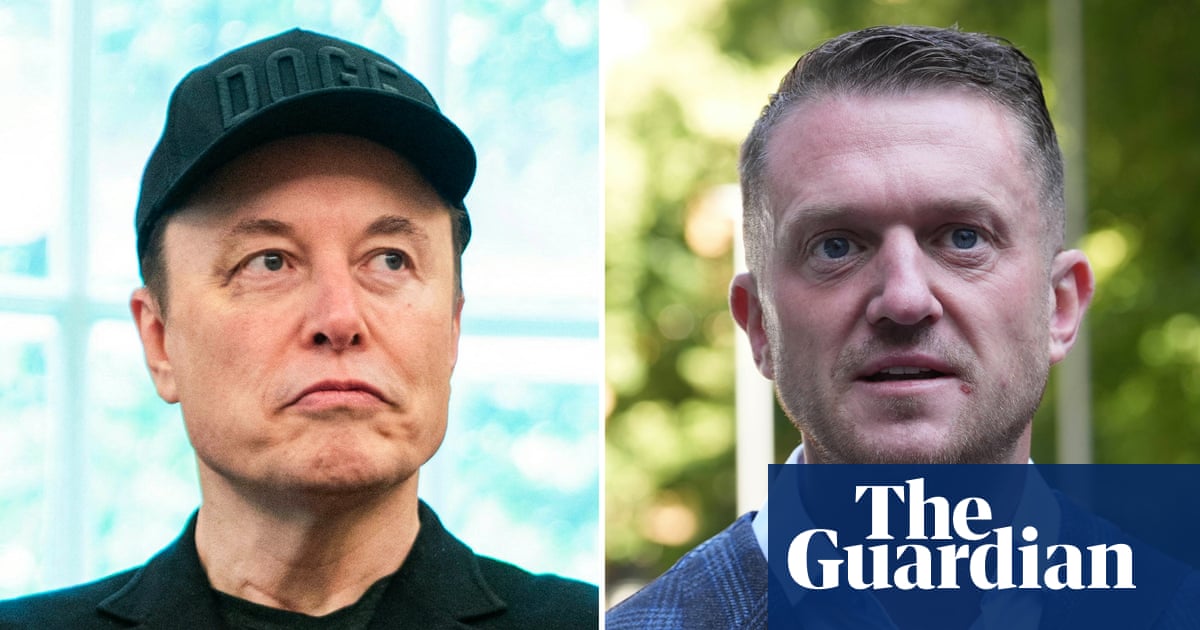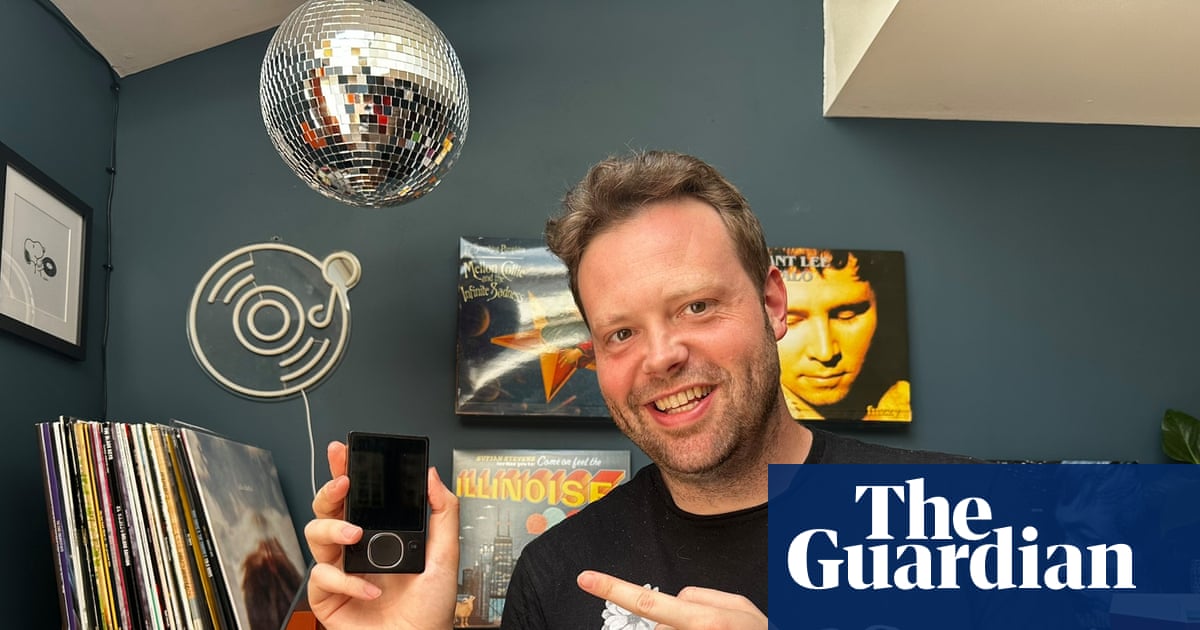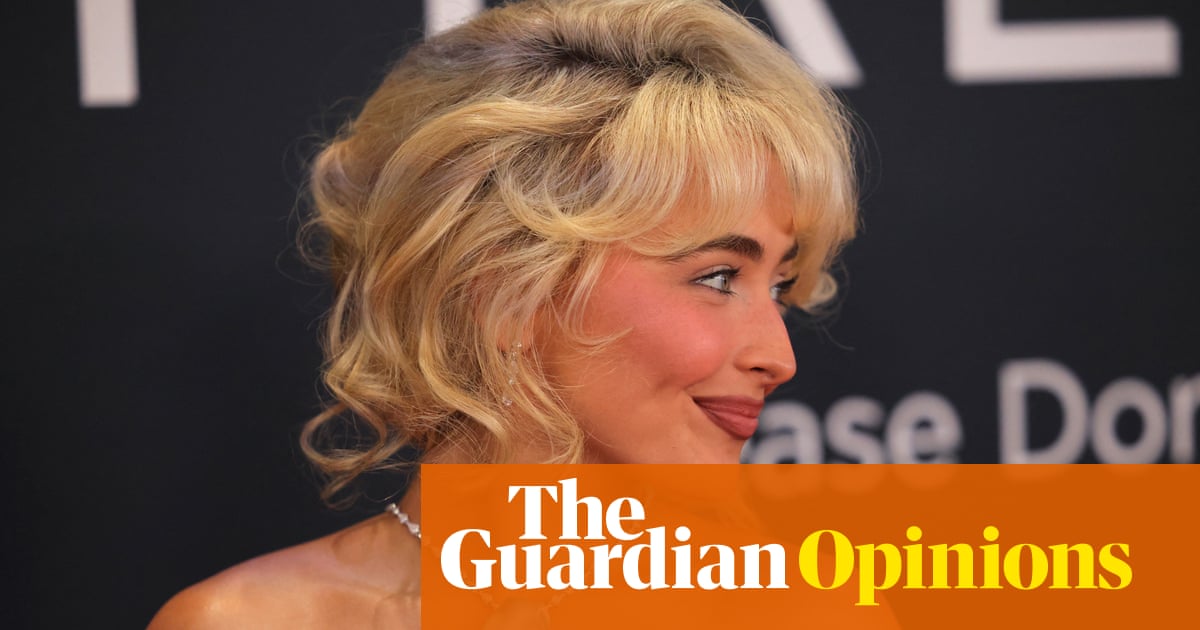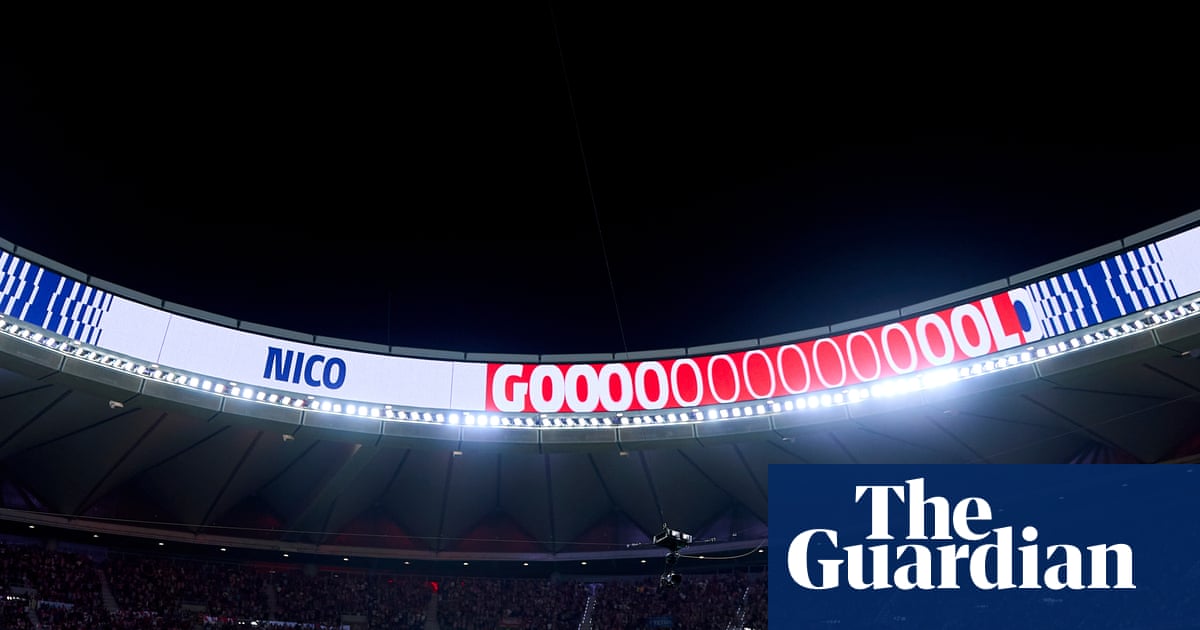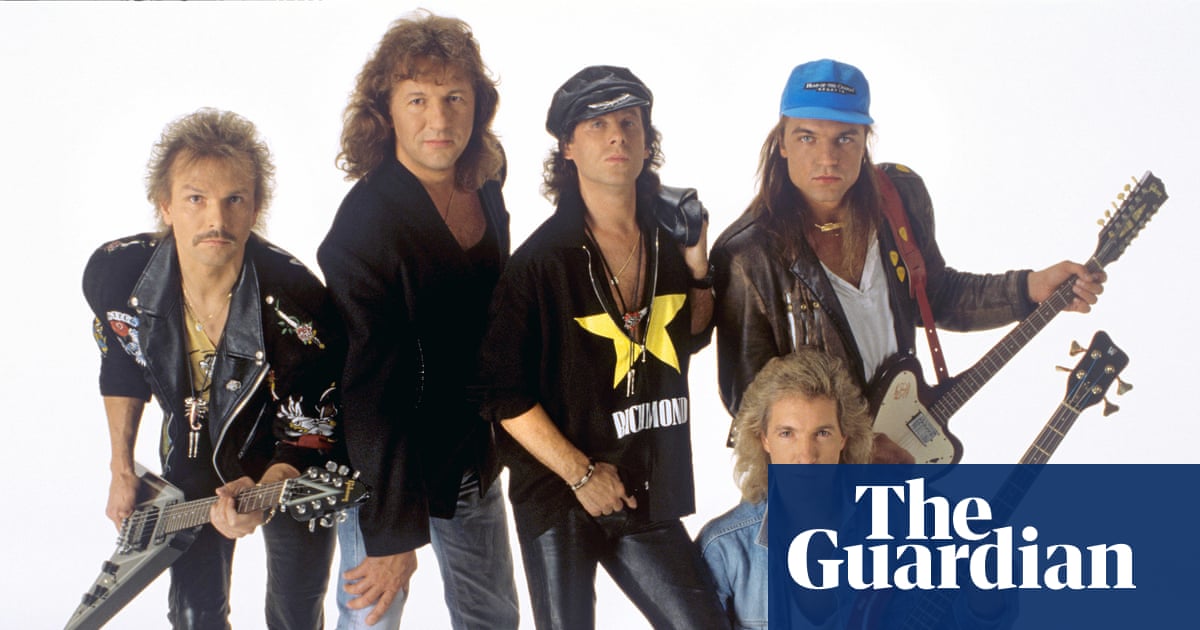Oil interests have funded cultural institutions such as museums, youth organizations and athletic groups in recent years, new research shows, in what appears to be a public relations effort to boost their image amid growing public awareness of the climate crisis.
Top US fossil fuel lobby group the American Petroleum Institute (API) sponsored a 2017 workshop for the Pennsylvania Girl Scouts, featuring “activities that mimicked work in the energy industry”. Energy giant BP in 2016 sponsored Washington DC’s National Gallery of Art and continues to fund the British Museum in London. And in 2019, Shell sponsored the golf event the Houston Open for the 26th time.
The new evidence of sponsorships were found in internal communications from 2015 to 2021 subpoenaed from big oil via a US Congressional investigation last year. They were uncovered by Rebecca John, a researcher at the Climate Investigations Center, and published in the climate outlet DeSmog.
The documents also shed light on the particular value the companies see in the partnerships. In a 2017 email, for instance, the then CEO of API said the Girl Scouts sponsorship came as part of an effort to partner with “nontraditional local allies”, which he described as “some of the best and most influential voices with targeted policymakers on industry issues” who can help the lobby group overcome “policy issues”. API has a large lobbying presence in Pennsylvania, which is the country’s second-largest gas producer.
The Guardian has asked API, BP and Shell for comment. API states that it sponsors cultural endeavors because “we are a principles-based organization.”
The Guardian also has sought comment from the Girl Scouts, the British Museum, the Royal Shakespeare Company, and the National Gallery of Art in Washington DC.
The British Museum has previously defended its partnership with BP, including after the company scaled back its climate goals this past February. The museum needs “corporate and private donations from companies like BP to ensure that the magnificent collection stays on display to the public for centuries to come”, a spokesperson told the Guardian at the time.
The documents indicate that in Shell’s 2020 “reputation plan” it said it would “secure partnerships with credible external influencers” in an effort to overcome “low credibility and trust” in the company.
The oil giant has partnered with a wide variety of major museums, sporting events, concert halls and other arts and cultural institutions. It could not be reached for comment, but its spokespeople previously said institutions can maintain their freedom even as they receive funding from Shell.
A 2017 internal memo from BP America says the relationships could provide a shield from “threats to BP’s reputation”, including “overall negative sentiment about the oil and gas industry” and the “policy and politics of climate change”. A separate 2016 document assessing the company’s “position” instructed staff to emphasize the message that more than 50 million people in the UK had “engaged with a BP-supported activity” due to its funding of institutions such as the British Museum and Royal Shakespeare Company.
The revelations come as activists have increasingly pressured arts and cultural institutions to cut ties with fossil fuel interests. The Royal Shakespeare Company, for instance, ended its BP partnership in 2019 after eight years, following months of protests over the partnership. At the time, BP said it was “disappointed and dismayed” by the decision.
after newsletter promotion
The UK’s National Portrait Gallery also ended a partnership with BP in 2022 after numerous protests against big oil’s involvement in the arts. The museum’s director said the firm’s funding “fostered creativity”.
DeSmog found evidence of dozens of other cultural sponsorships from the energy companies between 2015 and 2021, including of libraries, music festivals, gender justice initiatives and theaters. There have been hundreds of similar partnerships through history, from a children’s radio show funded by Standard Oil in the 1930s, to the current sponsorship of a media podcast by BP.
The relationships illustrate a decades-long industry strategy known as “affinity of purpose advertising”, said Robert Brulle, an environmental sociologist at Brown University. The term was coined by Herbert Schmertz, the late executive of Mobil Oil (now ExxonMobil).
“It’s the idea that if a corporation is associated with a high value, cultural activity that prestige rubs off on the corporation,” said Brulle. In one well-known historical example, Mobil in the 1970s began sponsoring the television drama series Masterpiece Theater.
“Apparently this works quite well,” said Brulle, noting that Mobil evaluated the approach in a 1980 study and decided it was worthwhile. “It [has] now become a commonplace activity to burnish their corporate reputation and goodwill by sponsoring these types of cultural activities.”

.png) 3 months ago
49
3 months ago
49


